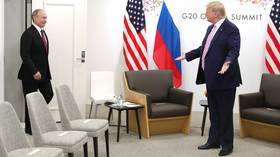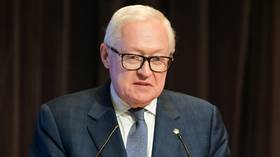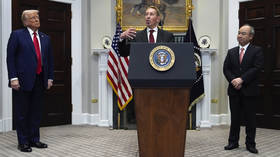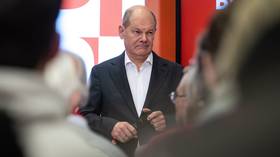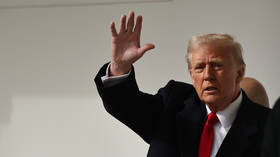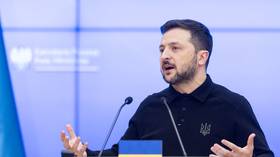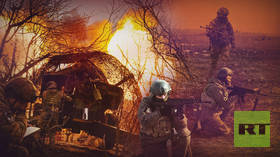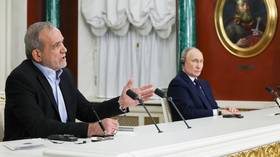Merkel and Putin agree Iran nuclear deal should be preserved by all means
President Vladimir Putin and Chancellor Angela Merkel have agreed that preserving the Iran nuclear deal is a matter of “tremendous importance” stressing that the agreement should be kept by all means necessary.
Both leaders believe that the 2015agreement, also known as the Joint Comprehensive Plan of Action (JCPOA), still can and should be preserved, despite the latest spike in tensions sparked by the US assassination of a top Iranian general.
Speaking to journalists in Moscow following her meeting with Putin, Merkel said that “everything must be done to keep the JCPOA going” and vowed to use “all the diplomatic tools to help this agreement.”
It is not perfect but it is still an agreement and it involves responsibilities for all the parties involved. And we want to keep it.
Putin also described the deal as “tremendously important” and said that both Moscow and Berlin agree that all parties need to “come back to the deal.”
After the US refused to abide by the agreement, Iran announced suspension of its obligations as well. I would like to underscore that these obligations were voluntarily embraced by Iran. Iran is ready to come back to full compliance with the JCPOA.
Iran has rolled back all the restrictions it had committed-to under the 2015 nuclear deal, following the US assassination of Quds Force commander Major General Qassem Soleimani, as well as a barrage of crippling sanctions imposed by Washington after America itself left the agreement.
Putin further expressed hope that a special-purpose vehicle called INSTEX Europe, created to facilitate trade with Iran and circumvent US sanctions, would soon “be up and running” and that European nations “would deliver on their promise to create an independent mechanism free of the dollar influence.”
Also on rt.com Merkel in Moscow: As Trump pushes his weight around, Russia-Germany relations defrostSo far, Europe’s endeavors in this area have not been particularly successful. The mechanism was originally created in early 2019, but was apparently limited to what the European nations called high-priority “humanitarian goods,” such as food and medical supplies. Meanwhile, European companies have been in no rush to trade with Iran, out of fear of losing the American market as a result of possible sanctions.
If you like this story, share it with a friend!



